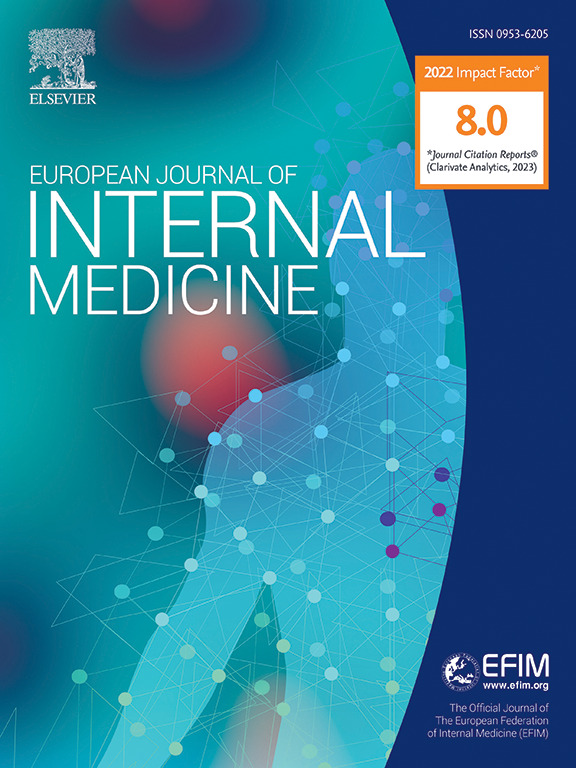21 世纪的内科医学:回到未来。
IF 5.9
2区 医学
Q1 MEDICINE, GENERAL & INTERNAL
引用次数: 0
摘要
医疗保健系统面临着人口因素(人口老龄化)和流行病因素(慢性病和多发病患者的增加)带来的多重挑战,以及在保持公平获得医疗和技术进步的同时对其财务可持续性的威胁。目前的医疗保健模式以专科医疗保健为基础,导致医疗保健分散,由于过度使用多余、低价值的医疗行为,可能对患者造成伤害,对医疗系统来说也是低效的。内科是以医院为中心的卓越的全科医学专科,提供以病人而非疾病为中心的综合全面的医疗服务。对于诊断复杂或诊断不明确的病人,内科医生应成为医院的主要医生。内科医生必须像住院医生一样,在内科或外科急症住院病人的持续护理中发挥关键作用,在多学科团队中建立共同护理模式。同样,为了保证对慢性病患者的持续护理,内科医生必须建立与初级保健和护理的合作机制,参与开发新的院外护理模式,利用现有的技术资源。内科应在研究生和研究生医学教育中发挥主导作用,在医学亚专科的医学生和住院医师中推广整体观念。本文章由计算机程序翻译,如有差异,请以英文原文为准。
Internal medicine in the 21st century: Back to the future
Healthcare systems face multiple challenges arising from demographic factors (population aging) and epidemiological factors (rise of chronic diseases and patients with multimorbidity) as well as threats to their financial sustainability when maintaining equitable access to medical and technological advances. Current healthcare models, based on specialized medical care, lead to fragmented care that can be harmful to the patient and is inefficient for the system due to the overuse of redundant, low-value medical acts. Internal medicine is the hospital-centered general medical specialty par excellence, providing a comprehensive and holistic vision that is centered on the patient and not on the disease. Internists should be the leading physicians in the hospital setting for complex patients with or those with an uncertain diagnosis. Internists must play a key role, as hospitalists do, in the continued care of acute patients hospitalized for medical or surgical diseases, establishing shared care models in multidisciplinary teams. Likewise, to guarantee continuity of care for chronic patients, internists must establish mechanisms for collaboration with primary care and nursing, participating in the development of new out-of-hospital care models that use the available technological resources. Internal medicine should play a leading role in graduate and postgraduate medical education to promote a holistic vision among medical students and residents in medical subspecialties.
求助全文
通过发布文献求助,成功后即可免费获取论文全文。
去求助
来源期刊
CiteScore
9.60
自引率
6.20%
发文量
364
审稿时长
20 days
期刊介绍:
The European Journal of Internal Medicine serves as the official journal of the European Federation of Internal Medicine and is the primary scientific reference for European academic and non-academic internists. It is dedicated to advancing science and practice in internal medicine across Europe. The journal publishes original articles, editorials, reviews, internal medicine flashcards, and other relevant information in the field. Both translational medicine and clinical studies are emphasized. EJIM aspires to be a leading platform for excellent clinical studies, with a focus on enhancing the quality of healthcare in European hospitals.

 求助内容:
求助内容: 应助结果提醒方式:
应助结果提醒方式:


